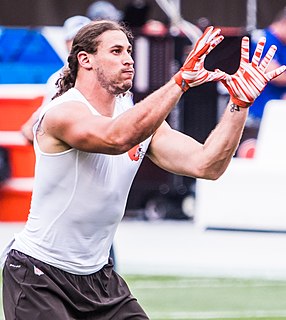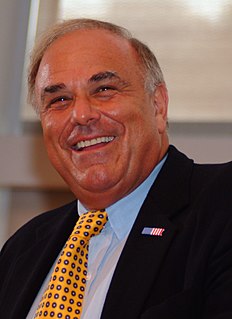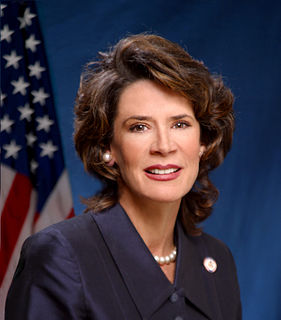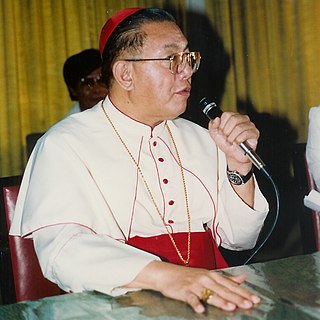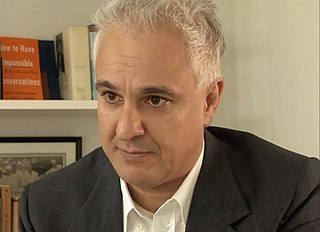A Quote by John M Swomley
Separation prevents the government from determining church policy, whether directly or indirectly.
Quote Topics
Related Quotes
As you know, the separation of church and state is not subject to discussion or alteration. Under our Constitution no church or religion can be supported by the U.S. Government. We maintain freedom of religion so that an American can either worship in the church of his choice or choose to go to no church at all.
I believe in an America that is officially neither Catholic, Protestant nor Jewish; where no public official either requests or accepts instructions on public policy from the Pope, the National Council of Churches or any other ecclesiastical source; where no religious body seeks to impose its will directly or indirectly upon the general populace or the public acts of its officials; and where religious liberty is so indivisible that an act against one church is treated as an act against all.
The Bible says we are to be salt and light. And salt and light means not just in the church and not just as a teacher or as a pastor or a banker or a lawyer, but in government and we have to have elected officials in government and we have to have the faithful in government and over time, that lie we have been told, the separation of church and state, people have internalized, thinking that they needed to avoid politics and that is so wrong because God is the one who chooses our rulers.
Liberalism is a creation of the seventeenth century, fathered by British philosopher John Locke (1632-1704). For Locke, liberalism means limited government, the rule of law, due process, liberty, freedom of religion, freedom of speech, freedom of the press, freedom of assembly, separation of church and state, and separation of government powers into branches that oversee each other's authority.






